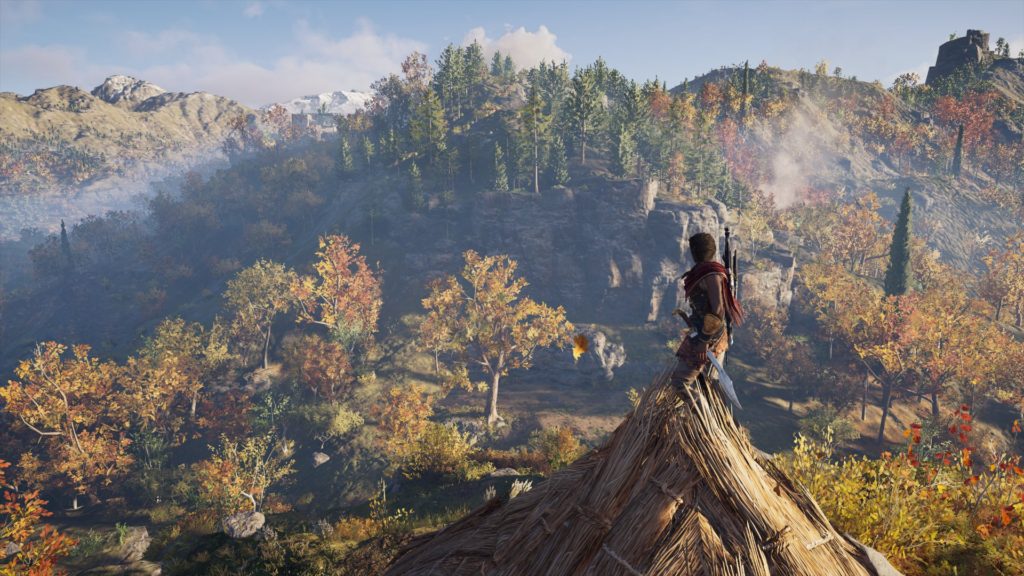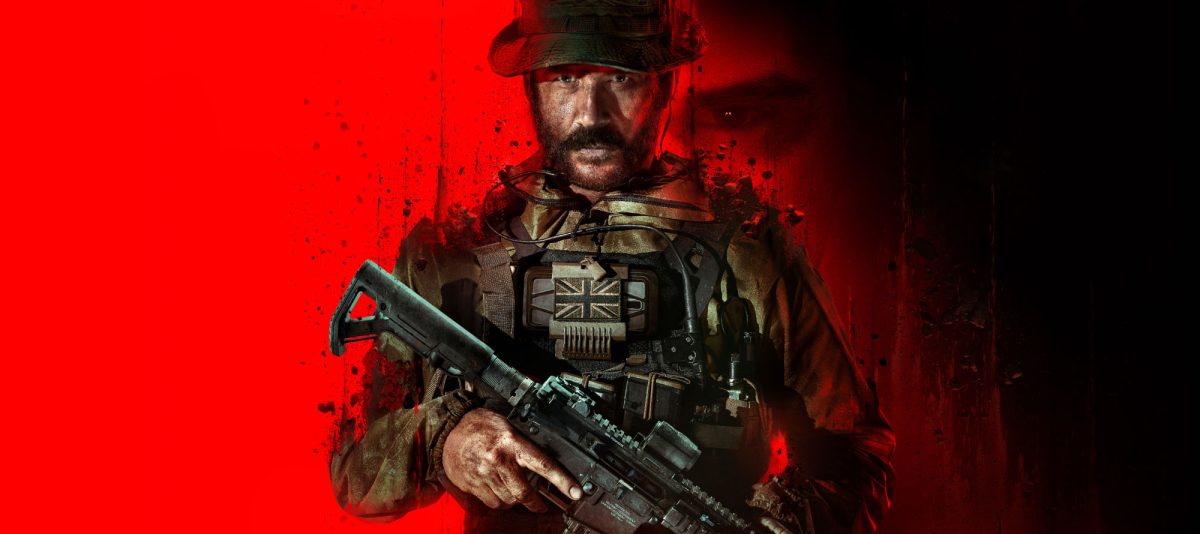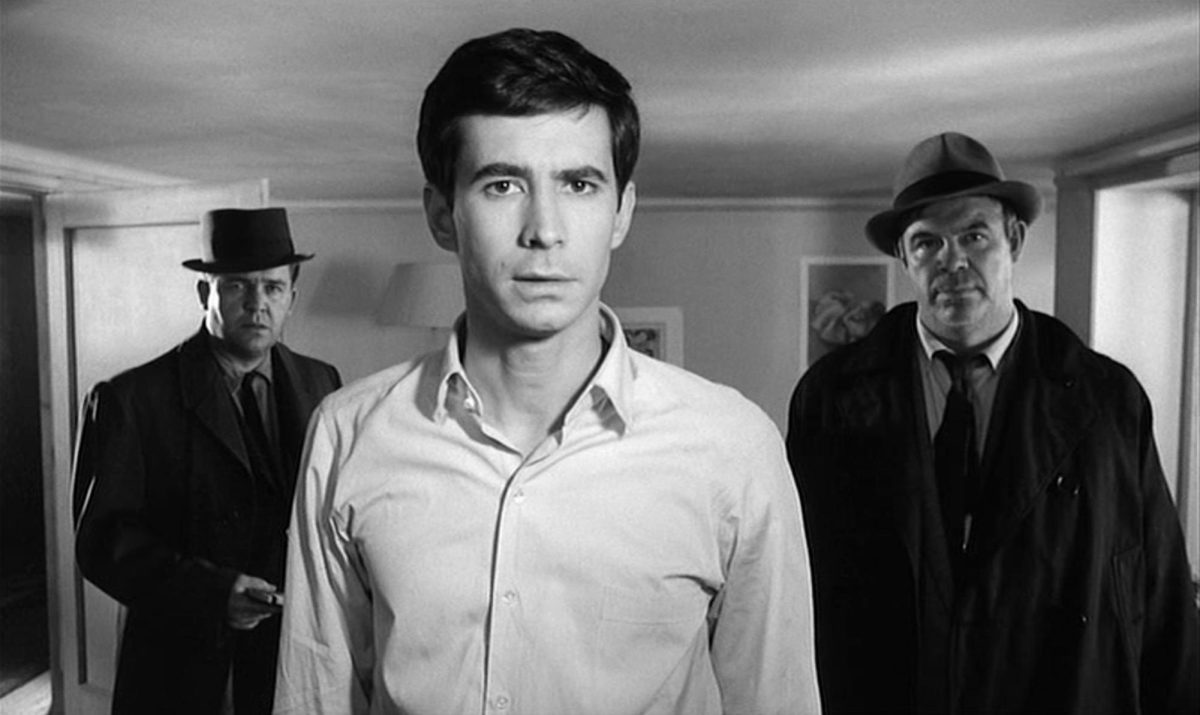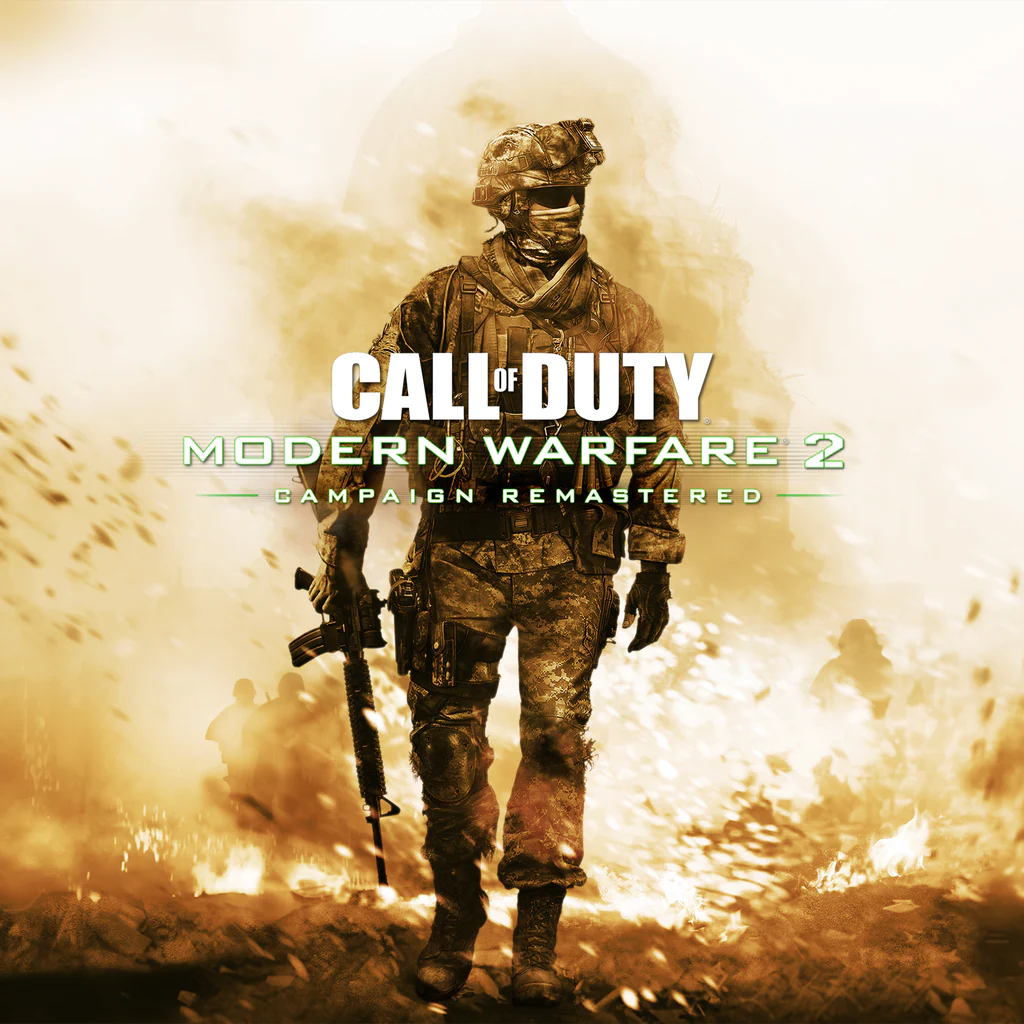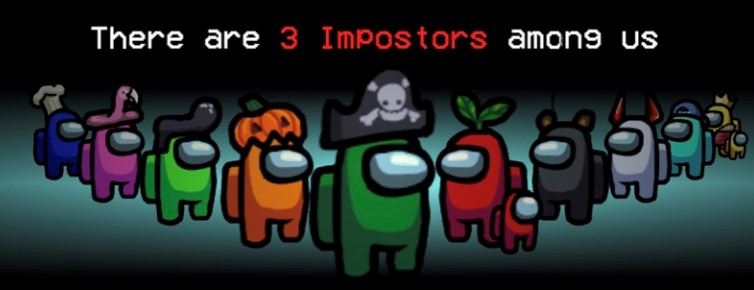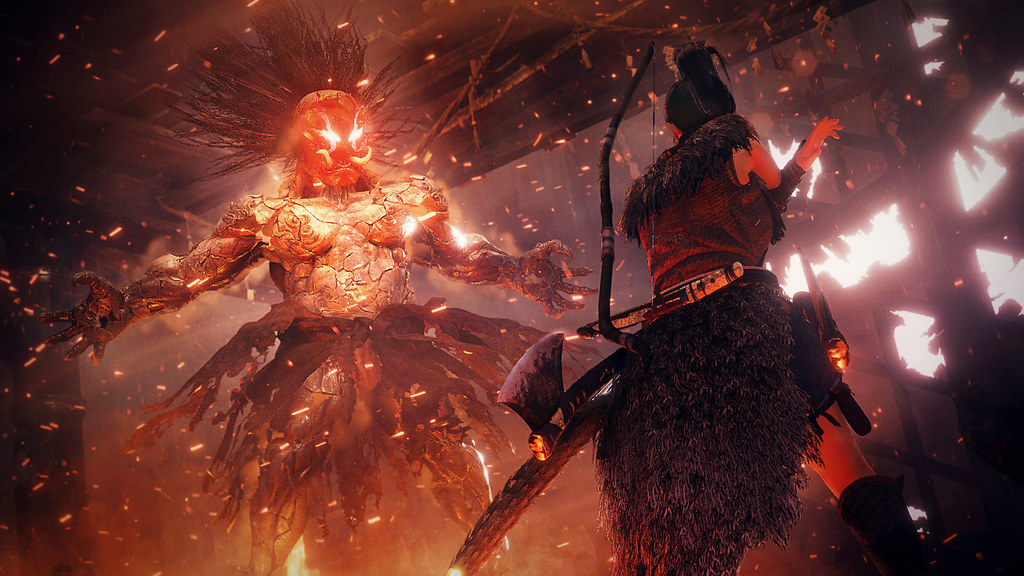An Odyssey; a long journey and experience, one that takes someone across vast expanses of the unknown. It is no wonder that Assassin’s Creed: Odyssey bears the word in its title. Nothing else could better describe the adventure that ensues in this release, and the lengths the game has gone to discover where its next adventure will go. Though by no means perfect yet, Assassin’s Creed as a franchise enters those vast expanses in a unique experience, challenging the Assassin’s Creed Identity, for better and worse.
This is the first Assassin’s Creed game that takes place before there is any Assassin’s Order at all. Assassin’s Creed: Origins, last year’s release, was based on a character who was not initially an Assassin, but he would go on to establish the Assassins. This year, the player is taken to ancient Greece, to a time where no Assassins exist at all, and only subtle hints of the Isu are scattered around. The story instead revolves around one of two interchangeable characters; Kassandra or Alexios. This is the first Assassin’s Creed where the player can choose which character, male or female, that they play through the entire game as. The two Spartan warriors are siblings, and regardless of who is chosen, they both play pivotal roles in the story, be it protagonist or antagonist.
Without the perpetual Assassins and Templars struggle to write off, the story follows either sibling as they fight to protect their bloodline and ultimately all of Greece. It can be confusing to write about two characters at the same time, so in the same way the game solves this, I will refer to Kassandra and Alexios as The Misthios. Your character is a Misthios, or a mercenary, who comes from an island on the edge of the Greek World called Kephallonia. When the Misthios becomes tired of a quiet life on the edge of the world, they decide to leave the island and pursue their own Odyssey. The main quest is to save the Greek World, but as a player, I quickly found that it was the adventure itself that served as the story of The Misthios, and once I left the island, the limitless story truly begins.
The World of Ancient Greece
In multiple ways, this is the most ambitious Assassin’s Creed to release in a long time, but more specifically, it is the map itself that dwarfs every other predecessor. The map is unbelievably big, and after about 70 hours in the game, there are multiple land masses and islands that I was unable to explore. The map is a slightly scaled down recreation of Greece in its entirety, and every single region has cities, forts, and historical locations placed throughout to create a faithful and detailed version of a place that so many people fantasize about. Iconic places like Athens and Sparta were grand and bustling cities that truly represented a feeling of awe that citizens had for such influential locations. The island of Crete brings the Minotaur to life within its desert like ruins, and the statue of Artemis in Mykonos can be seen drawing an arrow from islands away as you sail the Aegean.
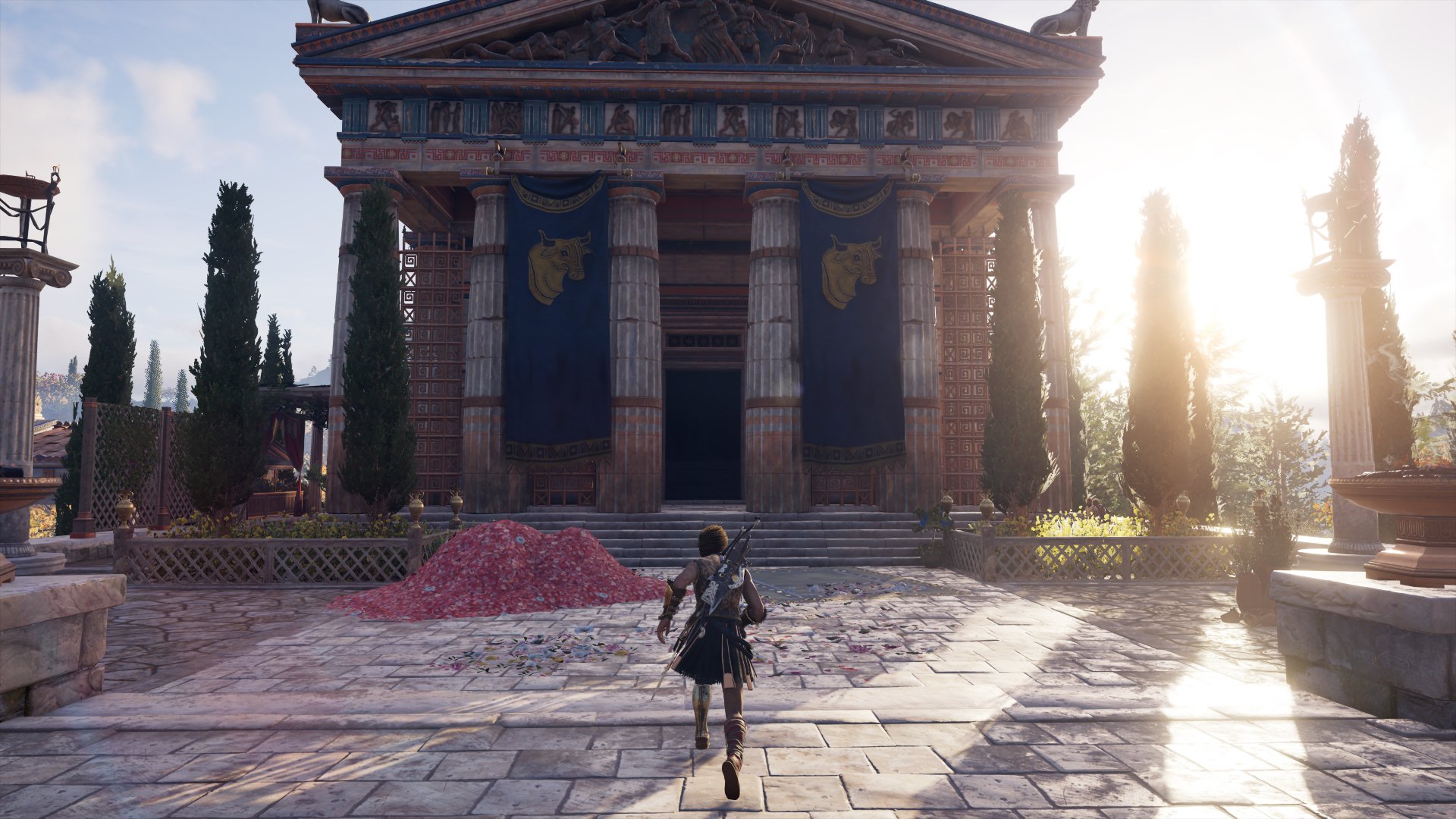
This recreation of Greece is vast, and it offers no shortage of locations to visit. That includes the historical locations of course, but exploratory locations as well. Every island is littered with question marks, and when discovered, can reveal numerous objectives, such as military camps, caves, altars, towns, and so on. Exploration is a major part of Odyssey, as it offers potential loot and much needed experience to level up. At first, every question mark location was a wonder, and I made sure to go through each one as I traveled along to the fantastic sound track that filled in the quiet gaps. I went through dark tombs to find ancient stele, I took down massive quarry mines run by cultists, and I hunted alpha predators that took refuge in caves. I quickly realized though that these places weren’t anything like the grand recreations of Athens and Sparta, and I shouldn’t expect them to be, but this is where the problem of a map too large reveals itself.
I can’t stress enough how large the map is; potentially one of the largest maps I’ve had the pleasure of exploring in a game, so when I say there are endless question marks, I mean that. Every single island in the game is completely stuffed with the same monotonous tasks that I was doing in Kephallonia as a poor Misthios. Killing a white wolf in a cave or clearing out four brainless npc’s in a military camp becomes stale after 40 hours. Eventually, when I found myself on an exciting new island, I ignored the questions marks, they had become a chore. Anything truly important in the world is marked with its own unique symbol, so I wasn’t necessarily missing out on any real content. Every question mark had become filler to keep me playing, but I refused.
Every part of the map doesn’t have to be filled with extra content to be considered good. I would rather some natural environments that add to the realism or the beauty of the world and not a laundry list of Misthios chores. The game tries far too hard to keep the player’s attention at every moment and is afraid to let the player truly soak in the world for what it is. Instead of completing that laundry list, I focused on the gem of the game that has truly changed the franchise for good; the quests.
Questing in Odyssey
Fortunately, quests are not marked by question marks, and they have their own diamond symbol. Unlike the random map locations, I made sure to try out as many of the quests that I could. Every quest, main or side, offered an entertaining narrative with interesting characters. They weren’t more MMO fetch quests like so many RPGs use to fill the game. I found myself vengeful, laughing, or depressed depending on which quest I played, and in some cases, I felt all three in a single quest. Many of the quests change depending on how you interact with characters, and what dialogue choices you choose.
The dialogue options are brand new to the Assassin’s Creed franchise, and they were the last step in making the game a full-fledged historical RPG. As the Misthios, you can choose to act how you believe the Misthios should. Choose to be violent or diplomatic, romantic or distant, and apathetic or inquisitive. Whatever the player chooses, the game and the quests reflect that. What happens when you are hired by a Spartan to find the thieves who murdered a soldier and stole a cart of food? What happens when you find out that the people who stole the food had also lost some group members after the Spartans murdered them and took their food? Do you rat them out, let them leave, or slaughter them yourself? These are the kinds of decisions and twists that you find in the simplest of quests within Assassin’s Creed: Odyssey.
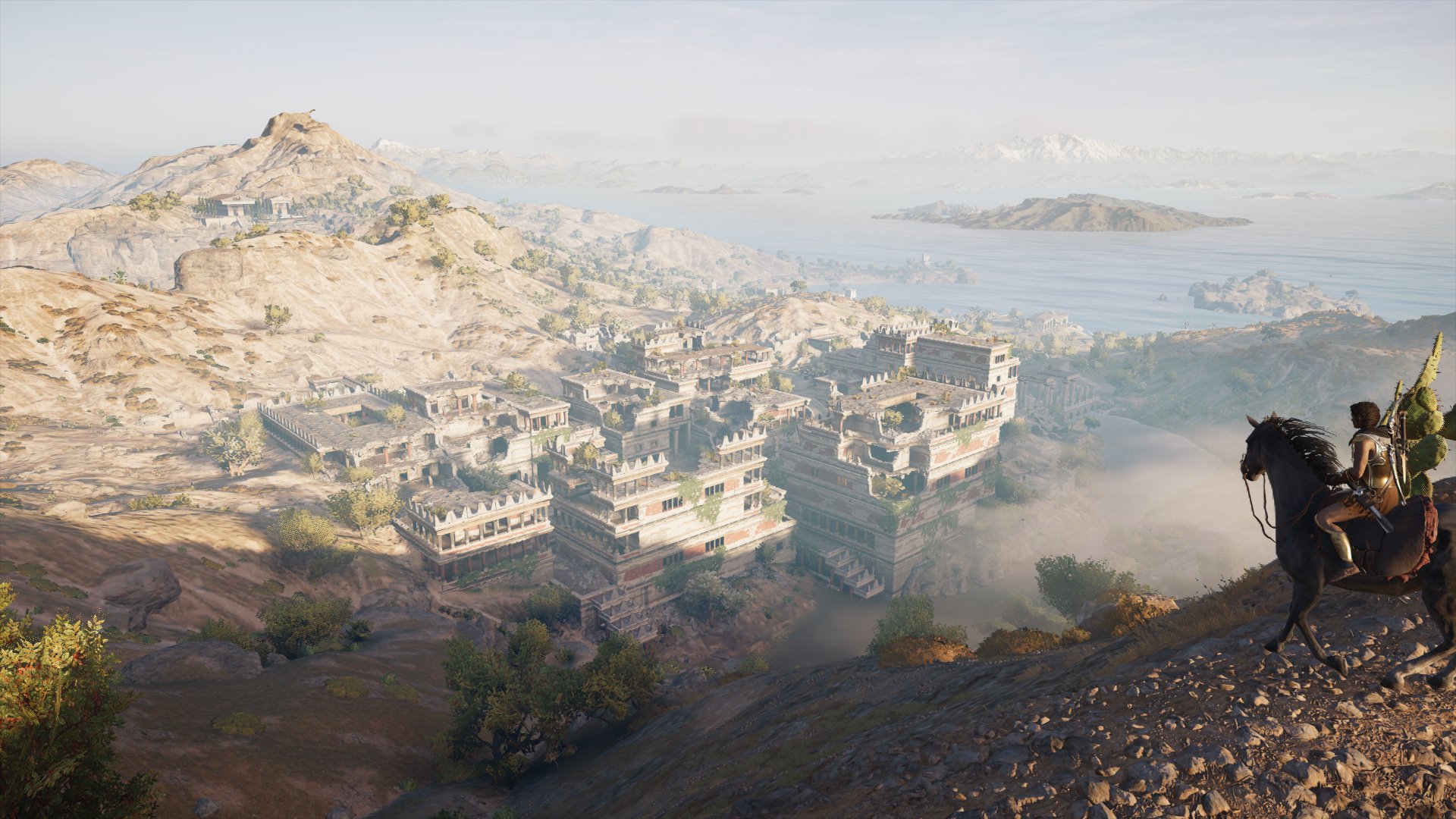
Each Diamond I found on the map had me sprinting to go experience the next crazy quest, but that doesn’t mean they were perfect. This game made a point to have more cinematic cameras and angles for every conversation the Misthios has, which is certainly an upgrade. That close-up doesn’t help the lip sync though when many of the speech facial animations were completely off. A character would cry, and it would look like they are laughing, a character would shout without any facial expression, and in many instances, mouths looked like they were being pushed up and down like puppets.
The dialogue and voice acting were also upgraded, especially considering the sheer amount of quests and dialogue in the game, but these had their own issues as well. Dialogue especially felt rushed and unnatural sometimes, almost like the writers were unsure of how to link one plot point to another, or one conversation to the next. When dialogue and lip sync are more distracting than they are engaging, the narrative and the quest lose some weight. Questing was still absolutely a blast, but it wasn’t the perfect display that it could have been.
The Combat in Assassin’s Creed
Building off what Origins established, Odyssey uses the same action based, dodge and parry system. Many of the same weapon types are still available in the game; axes, swords, spears, and so on. I still believe this new combat system with multiple weapon types was a step in the right direction for a more skill-based combat that is more intuitive, and overall, plainly fun. There are three skill lines to choose from, Hunter, Warrior, and Assassin. Each skill line can be upgraded as you level up, and they offer passive upgrades and active abilities to use in combat. One of my favorite abilities was the Spartan Kick, and I used that to kick hundreds of soldiers off cliffs in an attempt to feel like Leonidas himself. That becomes easy when there are so many brutal attacks and deadly weapons on offer to take down groups of enemies.
What Odyssey gains in warrior upgrades though, it loses in stealth mechanics. Assassin’s Creed has never felt more like a jaded stealth game than it does now. Many of the stealth sets are ridiculously easy and simple. The AI walk overly simplified paths, and so long as you are in one of the five thousand bushes in each camp, you will not get caught, but they spot you right away in the open. Odyssey aims to offer player choice not only in story, but in combat style, and stealth segments take a hit for that. If every level is designed in a way that can be fought with brute force, they become watered down.
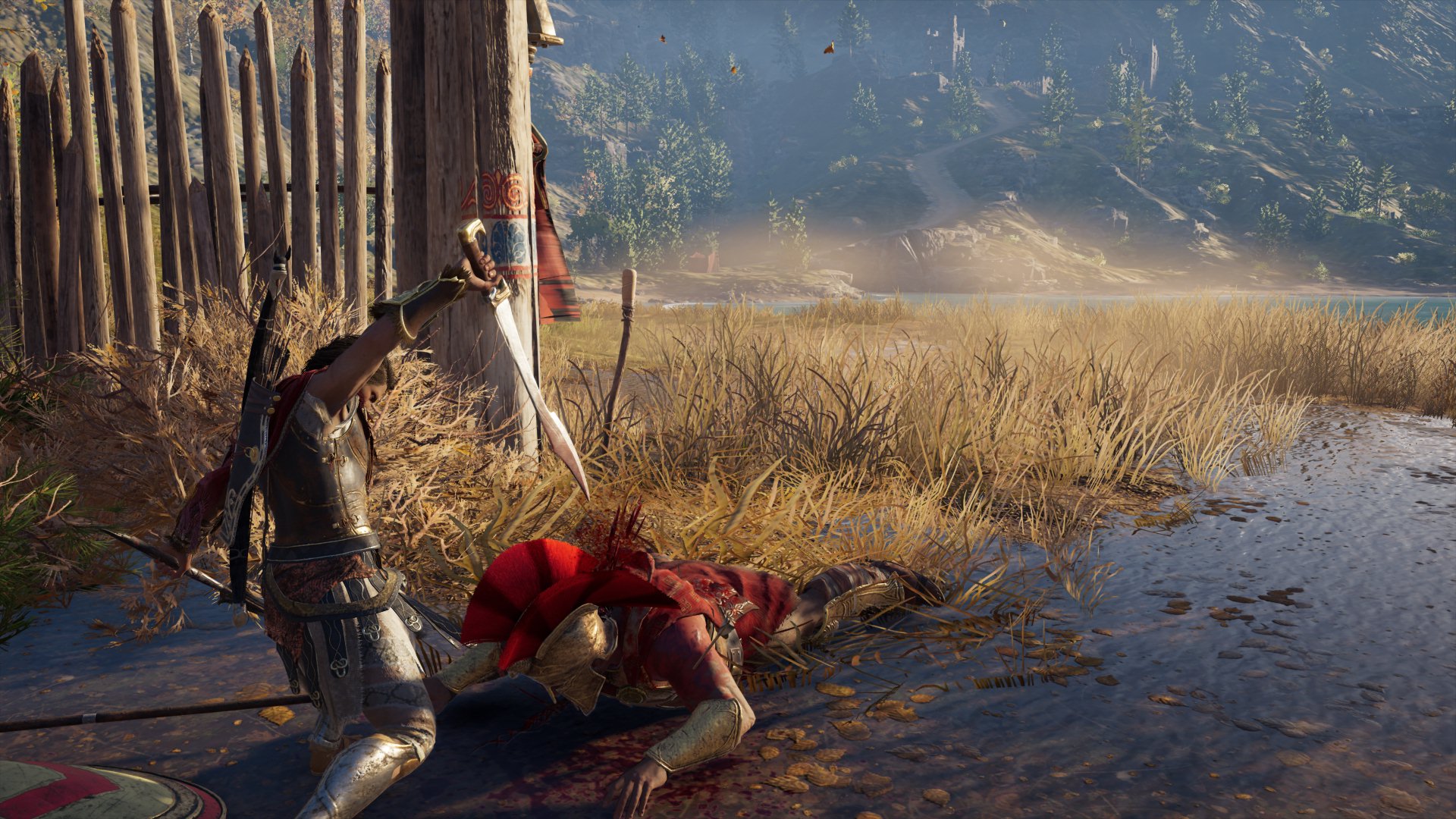
Ship combat is also back in Odyssey and is as refined as ever. Ship battles have that same intense feel that they started with and it may be the only part of the new game that was unaffected by a change in formula. Taking down vessels, then boarding them to engage in a large deck battle lead by the new combat systems, was a perfect use of two combat systems to keep the games battles unique, regardless of where you were on the map.
Systems and Progression in Odyssey
If I haven’t said it yet, this game is enormous, and there are endless things to do. I don’t mean just map locations and story, but entire sections of the game that can be pursued for hours on end, for better and worse. You can enter the arena and take down every challenger in your path. There is a justice system based on mercenaries with different tiers, and you can fight to become the top mercenary. Isu artifacts inhabit some places on the map and are guarded by mythological Greek monsters. There are cult members scattered throughout all of Greece, and each one must be taken down to get to unique leaders, and ultimately, the cult leader. Every territory is controlled by Sparta or Athens, and after weakening the state, you can begin a conquest battle for either side that decides the controlling faction and gives the Misthios extra gear.
I just spent way too many words listing massive activities, and I wasn’t even done. There is no doubt in my mind that if you are looking for a game full of content, this is it, but more content doesn’t mean more quality. Some activities, like the cult and the artifacts are absolutely worth completing, but the mercenary system is annoying at best and conquests are a repetitive loot grind that don’t amount to anything impactful. Even worse, with all these activities to complete, leveling up is a complete slog. I actually found myself at, one point in the story, back tracking to do other quests because the new zone was too high. This was after about 50 hours in the game.
Sure, this is kind of an RPG and they want me to play the game. However, I can’t help but believe that XP gain was slowed down to encourage players to purchase their new XP booster packs. This was a problem that I talked about in my review of Middle Earth: Shadow of War, and I believe the same thing here. Microtransactions have no place in a single player game. Single player games are not live service games and they do not need continuous support. If you want to release an expansion and charge for that, I would be more than happy to pay. I get a bad taste in my mouth though, when the game I just paid to play has 20 extra outfits to buy at release, and XP boosters to help me play the actual game the way I want, instead of endlessly grinding.

Where Does Odyssey Stand?
Much like Shadow of the Tomb Raider, Assassin’s Creed: Odyssey faces a problem of identity. So many steps were taken to reinvent the franchise for the better. Revamped combat, player and dialogue choice, and endless exploration are just a few of the ways in which the series has started to develop into an RPG. Odyssey also has trouble letting go of the past as well though, and those past systems are hurting the potential.
The bloated laundry list of a map that Ubisoft started is no longer innovative or even fun. Stealth has become something that seems forced due the Assassin’s Creed name, and it is no longer the pinnacle of stealth. The story seems to be getting lost and stuck in attaching itself to the established lore of Assassin’s Creed, leading us on a wild goose chase. Even the name Assassin’s Creed doesn’t fit any longer, but I see why they use it.
I’m excited though, because Odyssey displayed for gamers what a period-based RPG looks like, and there is a massive amount of potential underneath that burnt out Assassin’s Creed name. I genuinely enjoyed my time in Ancient Greece, and I know I will be back to finish every quest I didn’t have time for, I know I will go back and defeat all those mythological monsters, because I want to. If the next Assassin’s Creed buckles down and accepts that new RPG identity, drops the microtransaction nonsense in a single player game, and truly polishes the game so that animations work, and every piece of the game is quality content, the franchise may hit that must have status it once had. That doesn’t mean Odyssey isn’t worth playing though. For every complaint in the game, I had three compliments. Ancient Greece is worth visiting, and a fun 70-hour Odyssey is no small feat.
[metaslider id=1002 cssclass=” alignnormal”]



















